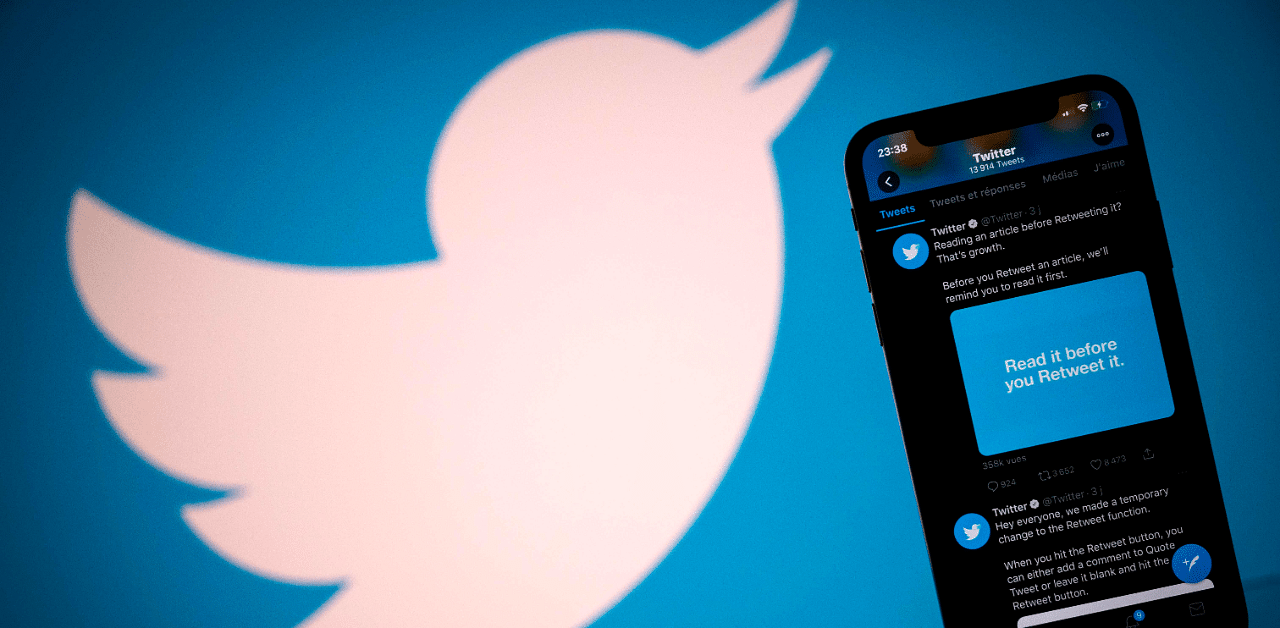
In the middle of a spat between the Centre and Twitter, the Delhi High Court on Monday said the new rules for social media companies had to be complied with if those were not stayed.
The court issued a notice to Twitter on a plea by lawyer Amit Acharya alleging the company has yet not complied with Rule 4 of the Information Technology (Intermediary Guidelines and Digital Ethics Code) Rules, 2021.
The microblogging site, for its part, told the court that it has already appointed a Resident Grievance Officer on May 28, in accordance with the terms of the New Social Media Intermediary Rules 2021. The Central government counsel, however, contested the claim.
A bench of Justice Rekha Palli sought a response from Twitter on the petition.
"I am inclined to issue notice. If the rules have not been stayed, then they have to comply with the rules," the judge said.
Senior advocate Sajan Povayya, appearing for Twitter, submitted that the rules were not complied with when the petition was filed, but were being complied with now.
The Resident Grievance Officer was appointed on May 28 and we will file an affidavit in this regard, he said.
The counsel for the petitioner contended it was not yet clear if the appointment was in accordance with the terms of the new rules.
The court, which sought a response to the petition, posted it for consideration on July 6, 2021.
After the development, a spokesperson of Twitter, a US-based company said, "We strive to comply with applicable law in India. We continue to be strictly guided by principles of transparency, a commitment to empowering every voice on the service, and protecting freedom of expression and privacy under the Indian law."
The petition claimed the Centre had given three months to every social media company to comply with the Rules, which was over on May 25, but Twitter had failed to appoint any Resident Grievance Officer to redress the complaints of its users with regard to the violation of the provisions of the Rules.
Twitter had earlier expressed concern over the new intermediary rules, describing them as a "dangerous overreach that is inconsistent with open, democratic principles". WhatsApp has separately challenged the validity of the rules in the High Court, claiming it would break the privacy of users and end-to-end encryption of its service.
